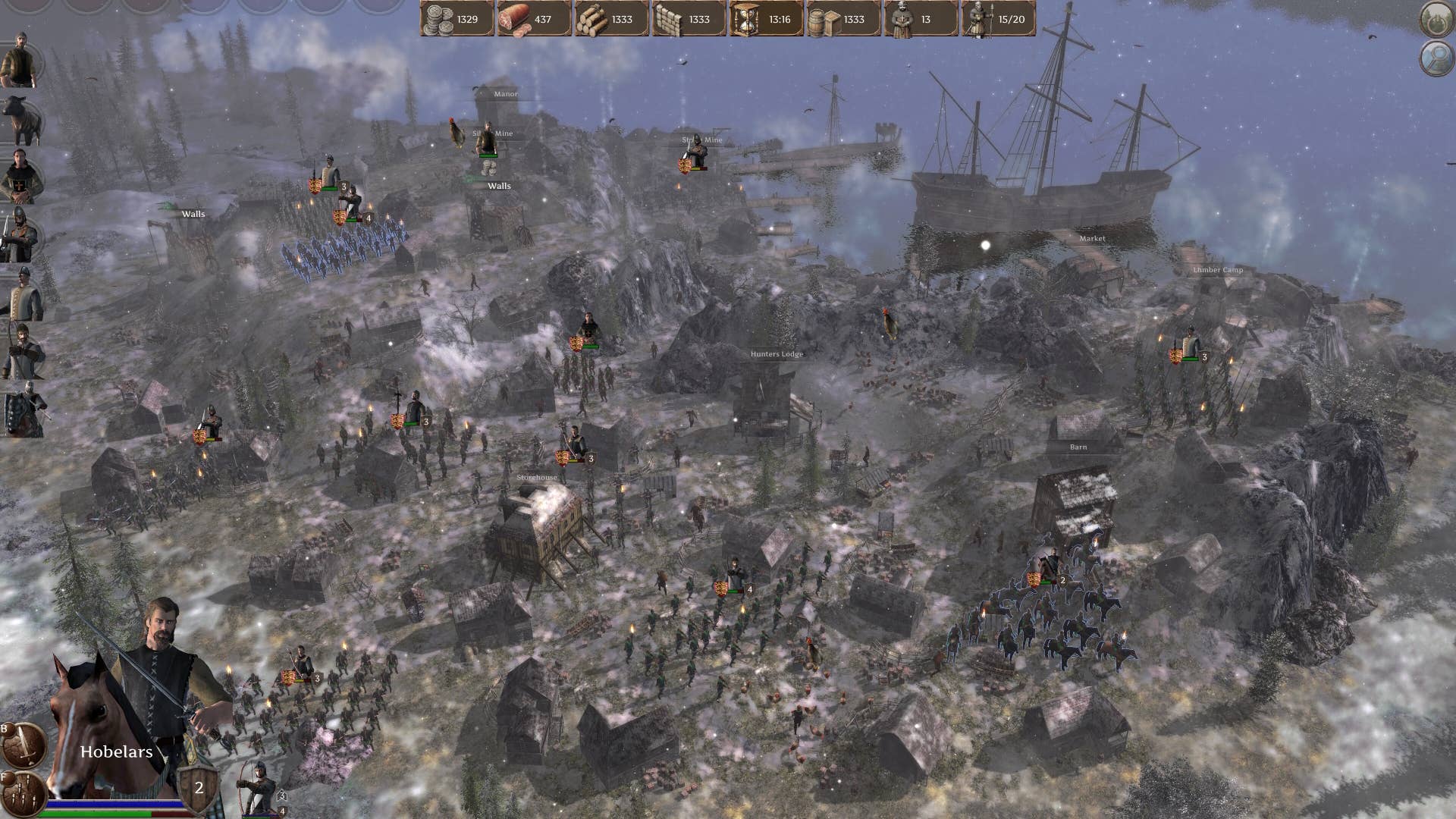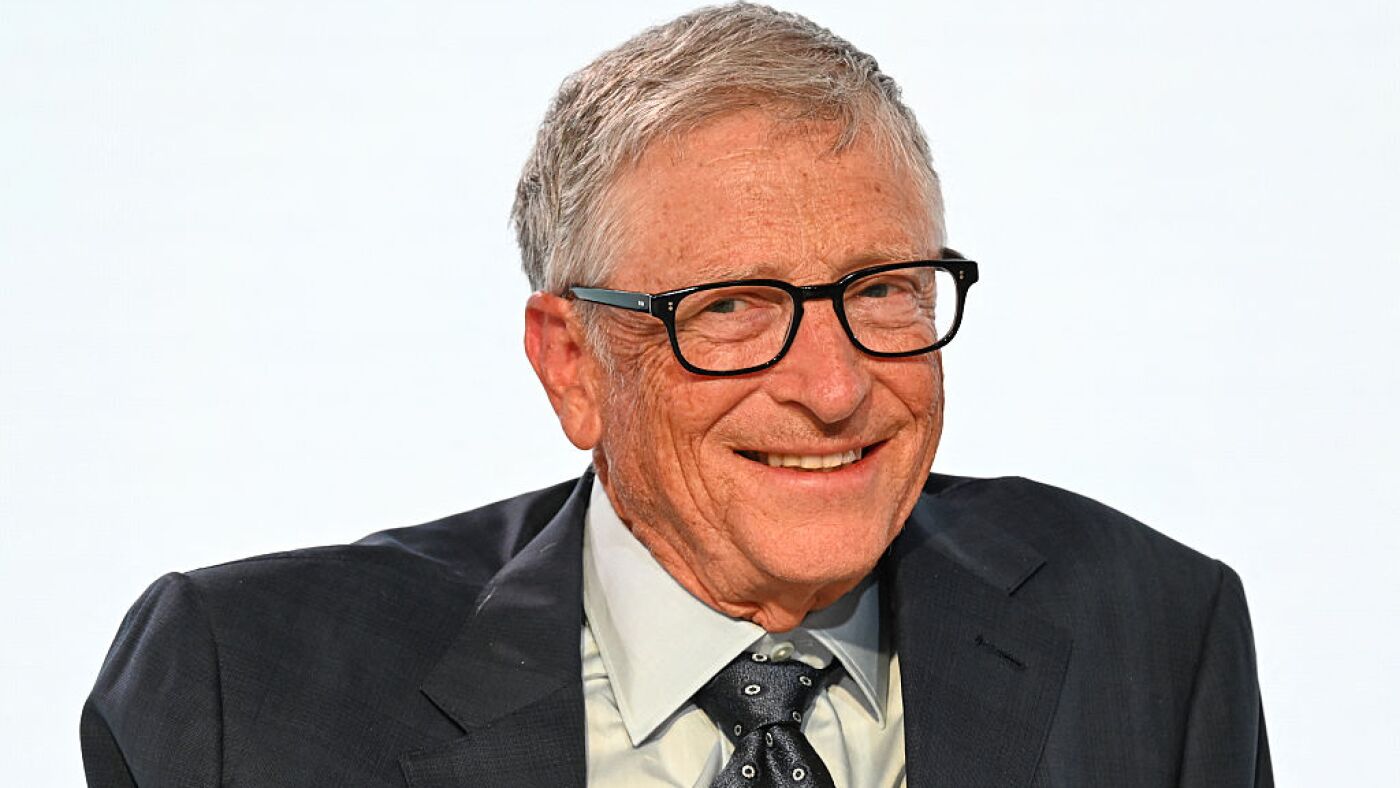Houthi ceasefire hands Trump a win ahead of Middle East trip
A ceasefire deal between Yemen’s Houthi rebels and the U.S., mediated by Oman, has secured a tentative end to attacks on American ships in the Red Sea, but details are slim on the concessions made by both sides. Still, the ceasefire allows the Trump administration to claim victory in clearing the pathway for commercial shipping. Attacks...

A ceasefire deal between Yemen’s Houthi rebels and the U.S., mediated by Oman, has secured a tentative end to attacks on American ships in the Red Sea, but details are slim on the concessions made by both sides.
Still, the ceasefire allows the Trump administration to claim victory in clearing the pathway for commercial shipping. Attacks on vessels served to justify the military campaign against the designated-terrorist group in Yemen, which launched in earnest in mid-March.
“The Houthis have suffered major losses because of the airstrikes,” said Nadwa Al-Dawsari, associate fellow with the Middle East Institute.
“As the Houthis do whenever they are under serious military pressure, they agree to a ceasefire. In a way, the ceasefire for Iran and the Houthis is to prevent irreversible damage to Houthi capabilities on the ground.”
The deal comes ahead of a high-profile trip by President Trump to the Gulf nations next week, with his first stop in Saudi Arabia. The U.S. is also pursuing talks with Iran to defang its nuclear program — and the Islamic Republic is a primary backer to the Houthis.
“Trump clearly wanted an off-ramp so that he could claim progress before his visit to the region, and he also wanted to remove an irritant in the Iran nuclear talks,” said Daniel Shapiro, a distinguished fellow with the Atlantic Council's Scowcroft Middle East Security Initiative who most recently served as deputy assistant secretary of Defense for the Middle East in the Biden administration.
“So he took a real, but rather modest, win in the Houthi commitment not to target U.S. ships,” he added.
Trump credited the U.S. strikes with bringing the Houthis to the table. Since mid-March, the U.S. military has said it has struck more than 1,000 targets in Yemen as part of Operation Rough Rider. The strikes have killed “hundreds” of Houthi fighters and leaders, including senior Houthi missile and UAV officials, and degraded their capabilities, Pentagon officials claimed late last month.
“We hit them very hard. They had a great capacity to withstand punishment. They took tremendous punishment… But we honored their commitment and their word, they gave us their word that they wouldn't be shooting ships anymore and we honor that,” Trump said, during a swearing-in ceremony in the Oval Office on Wednesday for his new ambassador to China, former Sen. David Perdue (R-Ga).
Al-Dawsari said the ceasefire agreement came to fruition through different interventions and with different interests at play. She pointed to a visit from Saudi Defense Minister Khalid bin Salman Al Saud to Tehran in mid-April, where the message was for Iran to rein in the Houthis attacks on the shipping lanes.
“That’s one major factor,” she said.
Al-Dawsari said the ceasefire might be sustainable but not durable.
“A ceasefire for the Houthis and Iran is an opportunity to sort of regroup, restrategize, the Houthis will replenish their stockpile through the massive smuggling network that they have created with the help of IRGC [Iran’s Islamic Revolutionary Guard Corps] across the Red Sea,” she said.
Al-Dawsari said the Houthis, and by extension Iran, are working to project power into and from East Africa, and that a resumption of attacks on the Red Sea is likely to take place as a way to expand their influence.
“These are groups that think long-term, we might not see attacks on ships in the next couple of years, but eventually it will happen,” she said. “But by then the Houthis will have more strength, and also with a wide outreach across the region, that it will be impossible to put them back in the box.”
As a way to bolster their image, the Houthis also used the ceasefire to claim victory by excluding a halt on attacks against Israel, a major feature of their campaign of strikes which began in fall of 2023 for what they say is an opposition to Israel’s war in Gaza.
Houthi chief negotiator Mohammed Abdul Salam told the Houthi-run Al-Masirah TV that the group's support for Palestinians in the Gaza Strip “had not changed,” a justification for their strikes on Israel.
“What changed is the American position, but our position remains firm," he said, according to the BBC.
Iranian Foreign Ministry Spokesman Esmaeil Baqaei said the Islamic Republic welcomed the ceasefire, even as it still held the U.S. complicit in Israel’s war against Hamas in the Gaza Strip.
Baqaei “praised the steadfastness of the great nation of Yemen in supporting the oppressed people of Palestine in the face of genocide and occupation as well as the Yemenis' resilience against repeated US attacks over the past year.” the foreign ministry said in a post on X.
Israel and the Houthis are engaged in an escalating back-and-forth of military strikes. The Houthis on Monday successfully hit Tel Aviv’s Ben Gurion airport with a ballistic missile — a major feat that temporarily disrupted flights and demonstrated a failure of Israel’s multilayered air defense system.
Israel responded with devastating strikes on Yemen’s Sanaa airport, under Houthi control, with the Israel Defense Forces (IDF) claiming they have completely disabled the airport, and a senior Houthi official saying the damages amount to $500 million.
Israel’s exclusion from the deal, and the reported U.S. snubbing of informing Israel ahead of the deal, is a concern on whether Washington and Jerusalem are in lockstep.
“Announcing [the ceasefire] without informing Israel in advance, and two days after the missile strike at Ben Gurion Airport, suggests Trump is willing to tolerate continued Houthi attacks on Israel as long as the U.S. isn’t being targeted,” Shapiro said.
“That's a recipe for attacks to continue, and frankly, for continued conflict in the region.”
Nadwa, of the Middle East Institute, said the U.S. needs a strategy, working with its allies in the region and the Yemeni government in Aden, in the south of the country, to degrade the Houthis' military capabilities on the ground for any gains to become durable.
“The Houthis need to be denied access to the Red Sea, to the ocean, at a minimum,” she said.








































/https://tf-cmsv2-smithsonianmag-media.s3.amazonaws.com/filer_public/d9/25/d9252d11-728f-4200-8a2f-a47ebbd38d3d/b824ccc7-e73e-4be5-8c3c-91328bcae770.jpg?#)



































